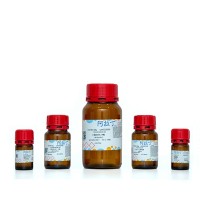Suppression of Pancreatic and Colon Cancer Cells by Antisense K-ras RNA Expression VectorsM. Ian Phillips, PhD, dsc
互联网
429
Various genetic abnormalities accumulate during multistage carcinogenesis. The changes include structural aberrations such as point mutation, amplification, and deletion, as well as functional alterations such as abnormal level and timing of gene expression (1 ,2 ). Although the type and incidence of genetic alteration differ according to the type of human cancer, the most striking example may be the mutations of the K-ras gene, whose activation by point mutation is found at characteristically high frequencies of 70–90% in pancreatic cancer (3 –7 ). That incidence of gene mutation is followed by 40–50% in colon and thyroid tumors and 20–30% in lung cancers (4 ). More than 90% of K-ras mutations are located at codon 12, with the remainder at codons 13 and 61 (3 –7 ). Considering the prominent transforming activity of the mutated K-ras oncogene on NIH3T3 cells (8 ,9 ), K-ras may play a critical role in the expression of the malignant phenotype and serve as a good target in gene therapy for these cancers. It is expected that the suppression of K-ras activation provides some benefits for patients with advanced pancreatic and colorectal cancers.









